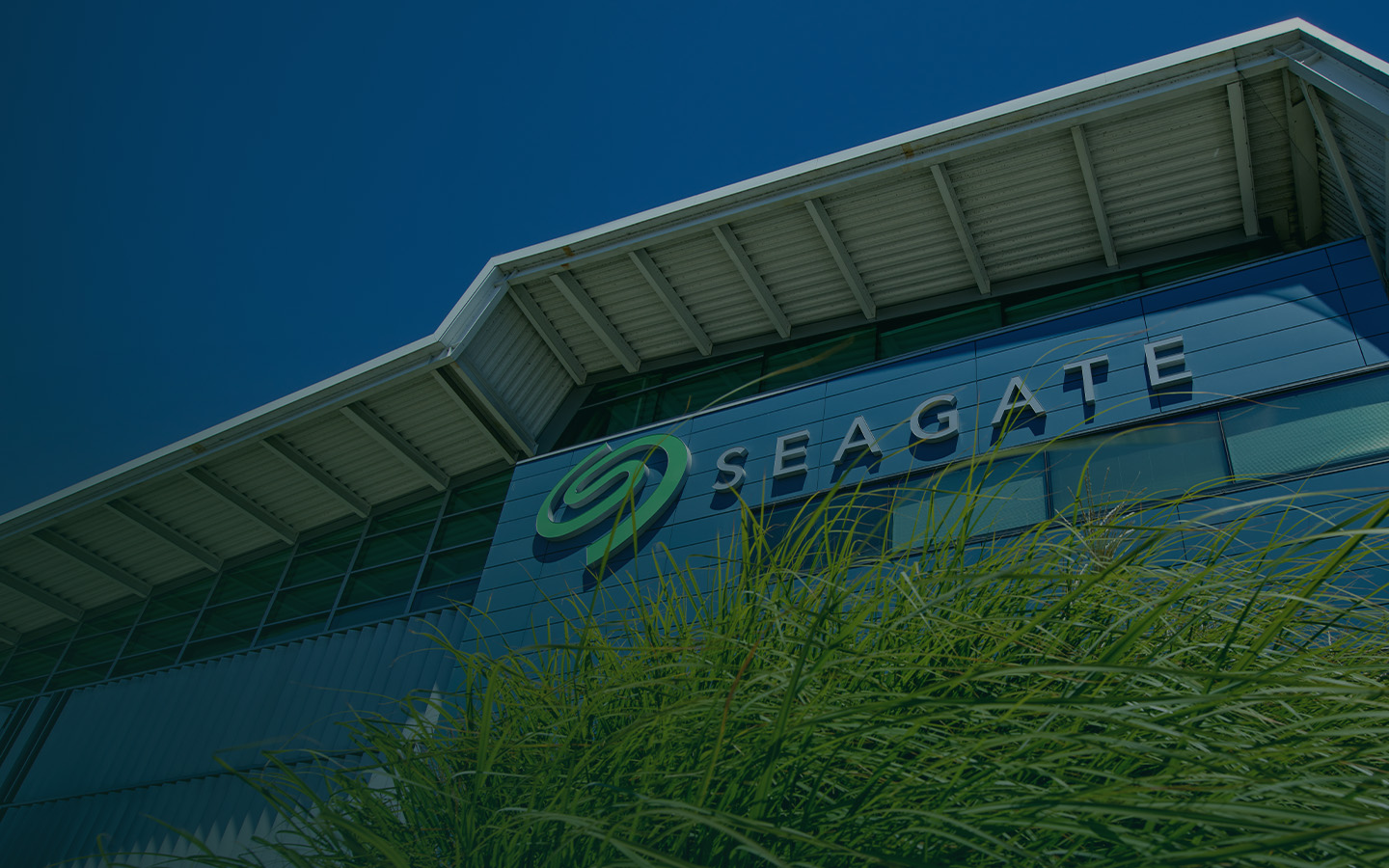- Joined
- May 28, 2011
- Messages
- 10,996
I'm curious why someone would purchase 10 year old drives, I'm more curious as to why all the drives failed at the same time. What is the output of 'zpool status' ?
I'm not familiar with the LSI controllers and the drive shelf but there are a few cables involved and as hard as it is to believe, cables do go bad even when they are left alone. Check your cables, might even replace them.
I'm not familiar with the LSI controllers and the drive shelf but there are a few cables involved and as hard as it is to believe, cables do go bad even when they are left alone. Check your cables, might even replace them.

